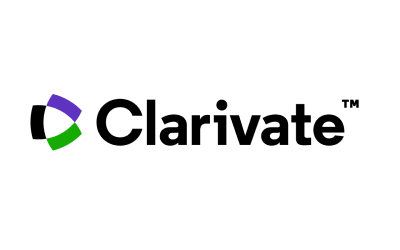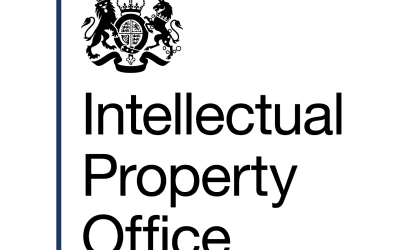Fitness app company Strava has recently made waves in the running and cycling communities after suing Garmin for patent infringement in the US, with many users concerned that the historic cooperation between the companies may be coming to an end.
In the eyes of many users, Garmin and Strava operate symbiotically, with data collected on Garmin devices viewed on the Strava platform. Strava has over 120 million users, each logging into the platform to track their fitness activities and performance, whereas Garmin is a leading manufacturer of GPS watches and bike computers. The two companies signed a master cooperation agreement in 2015 and have since coexisted peacefully, with the close links benefiting users.
All that seems to have changed, with Strava alleging patent infringement and seeking an injunction against the further sale of some Garmin devices. Strava considers that Garmin infringes patents protecting two key features of its service: the ability for users to generate ‘heatmaps’ highlighting the frequency with which certain routes are taken, and the ability for users to track their performance against themselves and others along ‘segments’ of routes. Both are key features of the Strava platform, with the ‘heatmaps’ functionality essential in allowing the app to suggest new routes to users based on roads and trails that are popular with others, and the ‘segments’ functionality allowing the more competitive users of Strava to race against one another to obtain a coveted King or Queen of the Mountain title – the user with the fastest completion time for any given segment. Perhaps unsurprisingly, with the competitive nature of the Strava user base, trying to place highly on the leaderboard of certain well-known segments is an industry in itself, with people waiting for favorable weather conditions and wind direction to take their shot at glory.
Whilst the highlighted patents protect some of Strava’s key features, taking action against Garmin is not without risk. Garmin devices provide the vast majority of the data uploaded to the Strava platform, and without that data, Strava’s service loses significant value. Strava has recognized this risk, stating that they ‘do not intend to take any actions that would disrupt the ability of Garmin users to sync their data with Strava and hope Garmin values our shared users in the same way.’ It remains to be seen whether that is possible, but any action by Garmin to prevent data from its devices would place Strava in a difficult position.
Cases such as this demonstrate the tightrope that often exists in contentious matters, with many conflicting commercial interests. Strava clearly believes that Garmin is infringing on patent rights that protect key features loved by its users and are vital to its ongoing success. On the other hand, Garmin could well consider that it has operated within the framework of the master cooperation agreement signed in 2015 and may feel aggrieved that Strava is now using large quantities of data from its devices for AI training.
How the case progresses will be very interesting, but in my view, there is a strong incentive for the parties to come to a commercial agreement. Both companies dominate their respective areas of the lucrative health and fitness market, and any breakdown in their relationship poses a significant commercial risk, with competitors such as Wahoo and Ride With GPS waiting in the wings. Perhaps the risk is greater for Strava, which relies on monthly subscriptions to generate revenue rather than on device sales, as Garmin does.
Whilst not yet the subject of coffee stop and running club conversations, if the relationship between the parties does break down irrevocably, both runners and cyclists will be looking for a replacement for the old adage: ‘If it’s not on Strava, it didn’t happen…’

Written by Thomas Gibb
Director, Patents, Murgitroyd
You may also like…
FRAND compliance and conditional injunctions: key lessons from China’s VoiceAge v. HMD SEP decision
Case background and conditional injunctions A recent ruling by the Fuzhou Intermediate People’s Court has drawn...
Clarivate delivers new AI-powered solutions within Innography for competitive benchmarking and standard-essential patent analysis
AI Classifier delivers patent classification with up to 97% first-pass accuracy for portfolio benchmarking, while SEP...
New Minister appointed with responsibility for intellectual property
The UK Intellectual Property Office (UKIPO) CEO has welcomed the new Minister. Kanishka Narayan MP has been confirmed...
Contact us to write for out Newsletter













